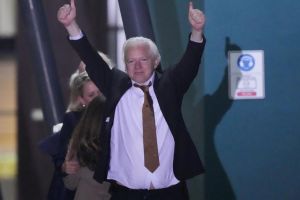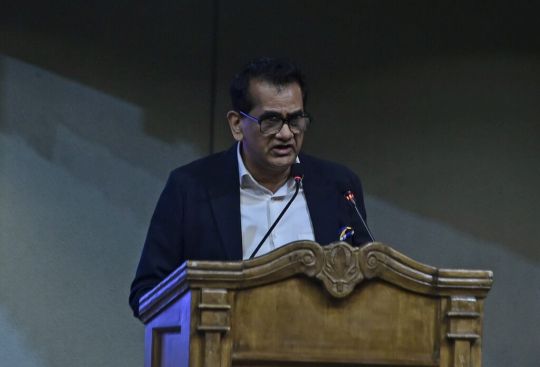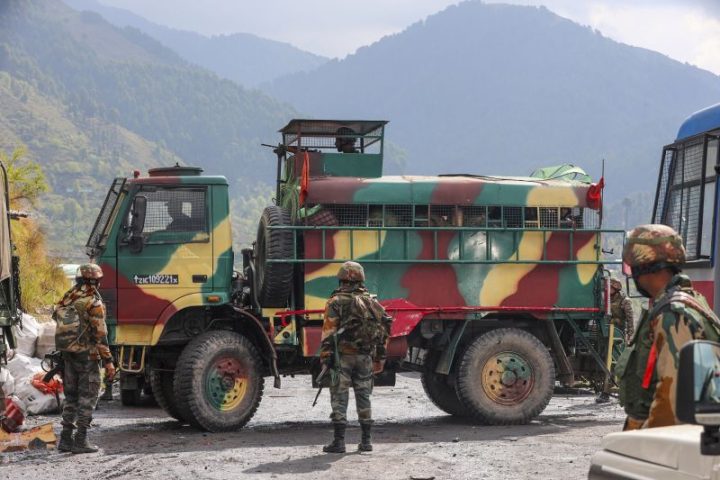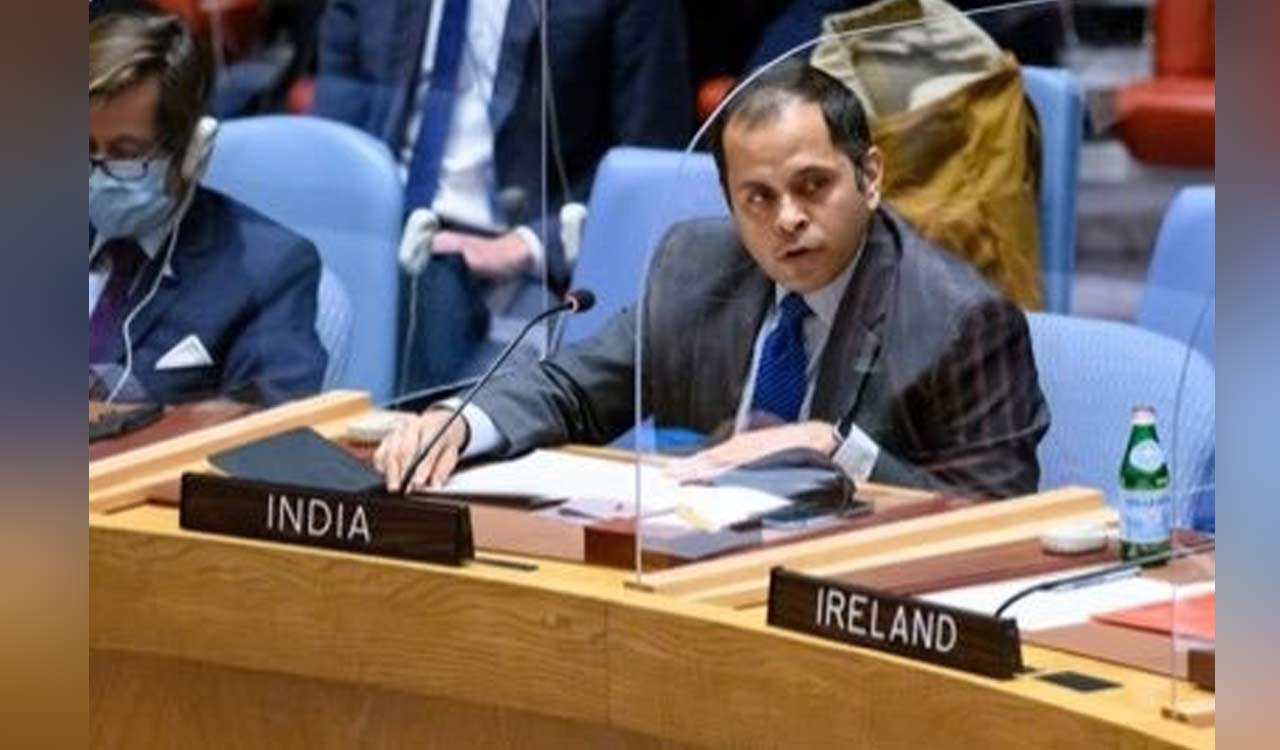Obburgen (Switzerland): Eighty countries jointly called Sunday for the “territorial integrity” of Ukraine to be the basis for any peace agreement to end Russia’s two-year war, though some key developing nations at a Swiss conference did not join in.
The joint communique capped a two-day conference at the Bürgenstock resort in Switzerland marked by the absence of Russia, which was not invited, but that many attendees hoped could join in on a roadmap to peace.
About 100 delegations, mostly Western countries but also some key developing nations, were on hand for the conference — and experts were on watch to see how and if at all they might line up behind the outcome document.
Participants India, Saudi Arabia, South Africa and the United Arab Emirates — which were represented by foreign ministers or lower-level envoys — were among those that did not sign onto the final document, which focused on issues of nuclear safety, food security and the exchange of prisoners.
Brazil, an “observer” country, did not sign on but Turkiye — which has sought to an intermediary between Russia and Ukraine — did.
The final document said the UN Charter and “respect for territorial integrity and sovereignty … can and will serve as a basis for achieving a comprehensive, just and lasting peace in Ukraine.”
Viola Amherd, the Swiss president who hosted the event, told the final news conference that the fact that the “great majority” of participants agreed to the final document “shows what diplomacy can achieve.”
Ukrainian President Volodymyr Zelenskyy hailed the “first steps toward peace” at the meeting, and said the joint communique remains “open for accession by everyone who respects the UN Charter.”
Analysts say the two-day conference will likely have little concrete impact toward ending the war because the country leading and continuing it, Russia, was not invited — for now. Russia’s key ally, China, which did not attend, and Brazil have jointly sought to plot alternative routes toward peace.
The meeting also endeavoured to return a spotlight to the war at a time when conflict in Gaza, national elections and other concerns have seized global attention.
The three themes of nuclear safety, food security and prisoner exchanges featured in the final statement. Italian Prime Minister Giorgia Meloni said they amounted to “minimum conditions” for negotiations with Russia, alluding to how many other areas of disagreement between Kyiv and Moscow will be harder to overcome.
Qatar’s prime minister, Sheikh Mohammed bin Abdulrahman Al Thani, noted a day earlier how his rich Gulf country hosted talks with both Ukrainian and Russian delegations on the reunification of Ukrainian children with their families that has so far resulted in 34 children being reunited.
White House national security adviser Jake Sullivan, speaking to reporters at the resort on Saturday, said it’s “going to take work” and countries stepping up to build on efforts by nations like Qatar.
“It’s going to take a spotlight from the international community, not just from only voices from the United States or Europe, but from unusual voices as well to say what Russia has done here is more than reprehensible and must be reversed,” he said.
The Ukrainian government believes that 19,546 children have been deported or forcibly displaced, and Russian Children’s Rights Commissioner Maria Lvova-Belova has previously confirmed that at least 2,000 were taken from Ukrainian orphanages.
Montenegro Prime Minister Milojko Spajic told the gathering Sunday: “As a father of three, I’m deeply concerned by thousands of Ukrainian kids forcibly transferred to Russia or Russia-occupied territories of Ukraine.”
“We all at this table need to do more so that children of Ukraine are back in Ukraine,” he added.















